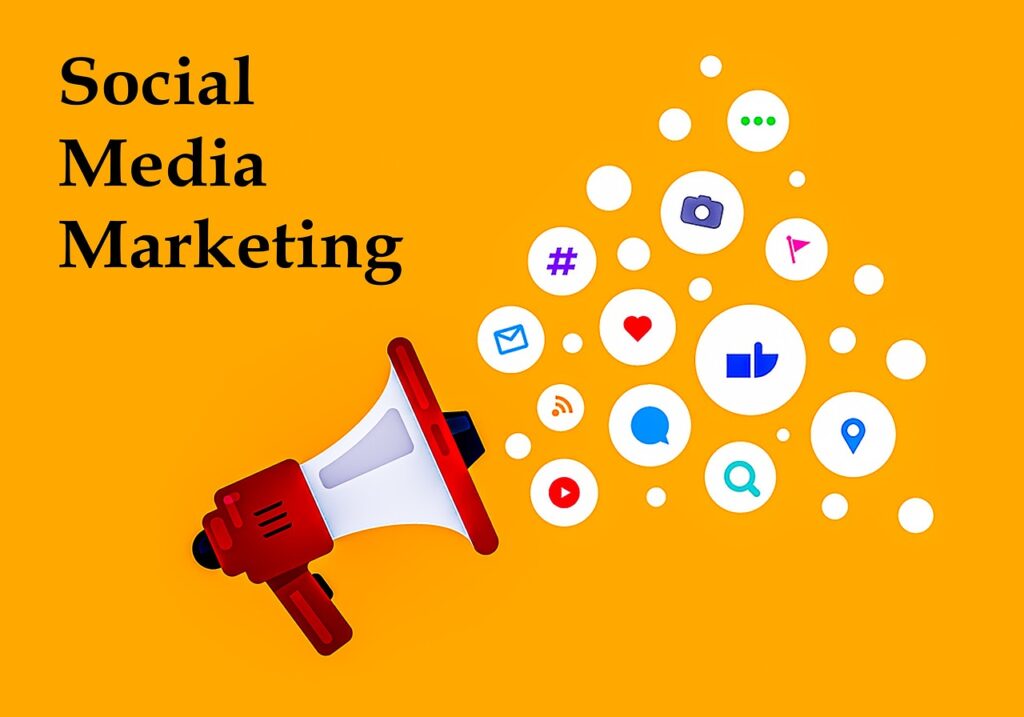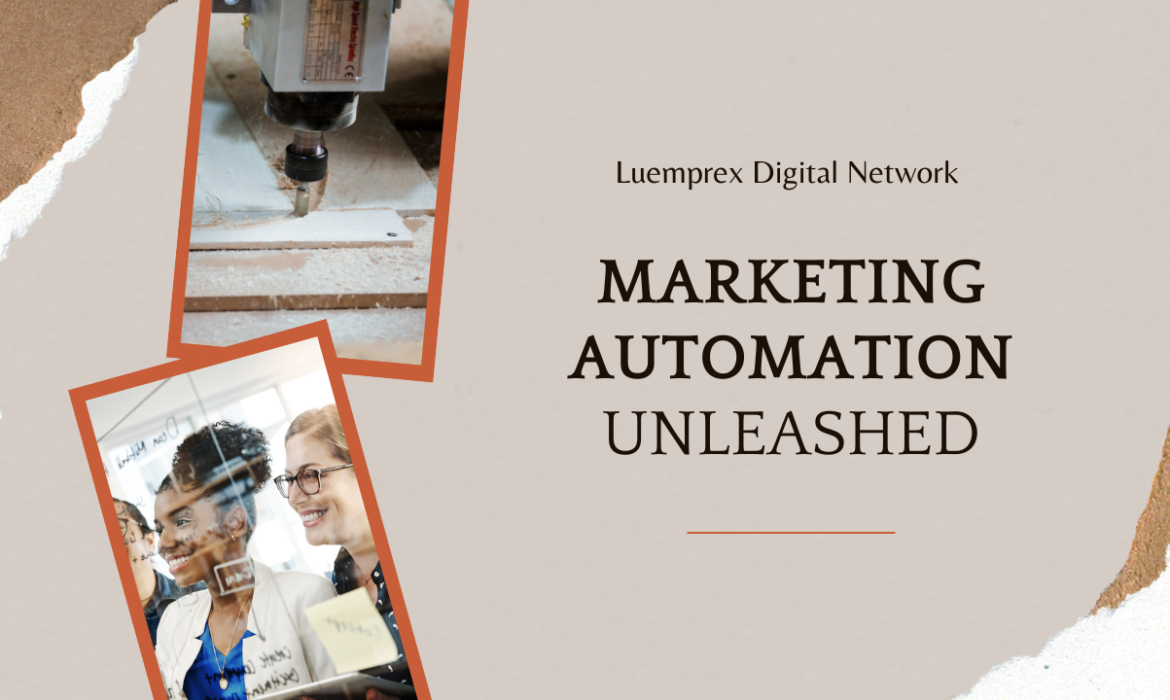081-4797-7173
In today’s competitive digital landscape, businesses face the dual challenge of reaching larger audiences and managing their marketing efforts efficiently. Scaling campaigns manually can be both time consuming and error prone. This is where marketing automation becomes invaluable. By leveraging automation tools, businesses can streamline processes, personalize outreach, and achieve scalability without compromising quality.
This blog explores the role of marketing automation in scaling campaigns, its benefits, and how to implement it effectively.
What is Marketing Automation?
Marketing automation refers to the use of software and technology to automate repetitive marketing tasks such as email campaigns, social media posting, lead nurturing, and data analysis. These tools allow marketers to deliver personalized, timely, and efficient communication to their audiences at scale.
Popular marketing automation platforms include HubSpot, Marketo, ActiveCampaign, and Mailchimp, among others.
Why is Marketing Automation Important?
1. Saves Time and Resources
Automation eliminates the need for repetitive manual tasks, freeing up your team to focus on strategy and creativity. For example, instead of manually sending follow-up emails, you can set up workflows to handle this automatically.
2. Personalization at Scale
Consumers expect personalized experiences. Marketing automation enables you to deliver tailored messages to different segments of your audience based on their behavior, preferences, or demographics.
3. Improved Efficiency
Automation reduces human error and ensures consistent execution of campaigns, leading to better outcomes.
4. Enhanced Lead Nurturing
Marketing automation platforms help you engage with leads throughout their buyer journey, guiding them from awareness to conversion.
5. Scalability
Whether you’re targeting 1,000 or 100,000 potential customers, automation ensures that your campaigns remain effective and manageable as your business grows.
How Marketing Automation Helps Scale Campaigns
1. Email Marketing Automation
Email marketing is one of the most effective channels for nurturing leads and driving conversions. Automation allows you to:
Segment your audience based on behavior, interests, or purchase history.
Send personalized drip campaigns triggered by specific actions (e.g., signing up for a newsletter or abandoning a cart).
Schedule emails at optimal times for maximum engagement.
Example: An e-commerce brand can send automated cart abandonment emails with personalized product recommendations to bring potential customers back to complete their purchases.
2. Social Media Automation
Managing multiple social media platforms can be overwhelming. Automation tools like Buffer or Hootsuite help you:
Schedule posts across different channels.
Monitor mentions and engagement.
Analyze the performance of your content.
This ensures your social media presence remains active and engaging without requiring constant manual intervention.
3. Lead Scoring and Segmentation
Not all leads are equal, and marketing automation helps you prioritize the most promising ones.
Lead Scoring: Assign points to leads based on actions such as email opens, link clicks, or website visits.
Segmentation: Group leads into specific categories based on their behavior or demographics for targeted campaigns.
Example: A SaaS company can use lead scoring to identify high-value prospects and send them tailored offers or demos.
4. Multi-Channel Campaign Management
Marketing automation platforms allow you to manage and integrate campaigns across multiple channels email, social media, SMS, and more from a single dashboard. This ensures consistency and maximizes your reach.

Example: A product launch campaign can be executed simultaneously through email, social media ads, and SMS reminders, all coordinated through automation.
5. Personalized Customer Journeys
Automation enables you to create personalized workflows that guide users through the buyer journey based on their interactions with your brand.
For instance:
A user who downloads an eBook might receive follow-up emails offering a webinar on a related topic.
Customers who make a purchase can be enrolled in loyalty or upsell campaigns.
These tailored experiences build trust and increase the likelihood of conversions.
6. Data Collection and Analysis
Marketing automation tools provide detailed analytics, helping you understand what’s working and what needs improvement. Key metrics include:
Open rates and click-through rates for emails.
Engagement levels on social media.
ROI of your campaigns.
With actionable insights, you can refine your strategies and optimize campaigns for better performance.
Benefits of Marketing Automation in Scaling Campaigns
1. Cost Effectiveness:
Automation reduces the need for a large team, allowing you to achieve more with fewer resources.
2. Consistency:
Ensures that your messaging and branding remain consistent across channels.
3. Faster Response Times:
Automated responses to user actions (e.g., welcome emails) improve user experience and engagement.
4. Higher ROI:
By targeting the right audience with the right message, automation leads to better conversion rates.
5. Flexibility:
Easily scale up your campaigns without significant changes to your workflow.
Best Practices for Implementing Marketing Automation
1. Define Clear Goals:
Know what you want to achieve lead generation, increased sales, improved engagement, etc.
2. Choose the Right Tools:
Select a marketing automation platform that aligns with your business needs and budget.
3. Segment Your Audience:
Use data to create highly targeted segments for more personalized campaigns.
4. Test and Optimize:
Regularly A/B test your automated campaigns to identify what works best.
5. Monitor Performance:
Continuously analyze metrics to measure success and identify areas for improvement.
Challenges of Marketing Automation and How to Overcome Them
1. Over Automation:
Relying too heavily on automation can make interactions feel impersonal. Balance automation with human touchpoints.
2. Data Management:
Ensure your data is clean and up to date for accurate segmentation and targeting.
3. Complexity:
Start small and gradually scale up your automation efforts to avoid overwhelming your team.
Conclusion
Marketing automation is a game changer for scaling campaigns efficiently and effectively. By automating repetitive tasks, delivering personalized content, and analyzing performance, businesses can save time, reduce costs, and achieve better results.
Whether you’re a small business looking to expand or a large enterprise aiming to optimize, marketing automation is an indispensable tool for growth. Start integrating automation into your campaigns today to unlock its full potential and stay ahead of the competition.
0






